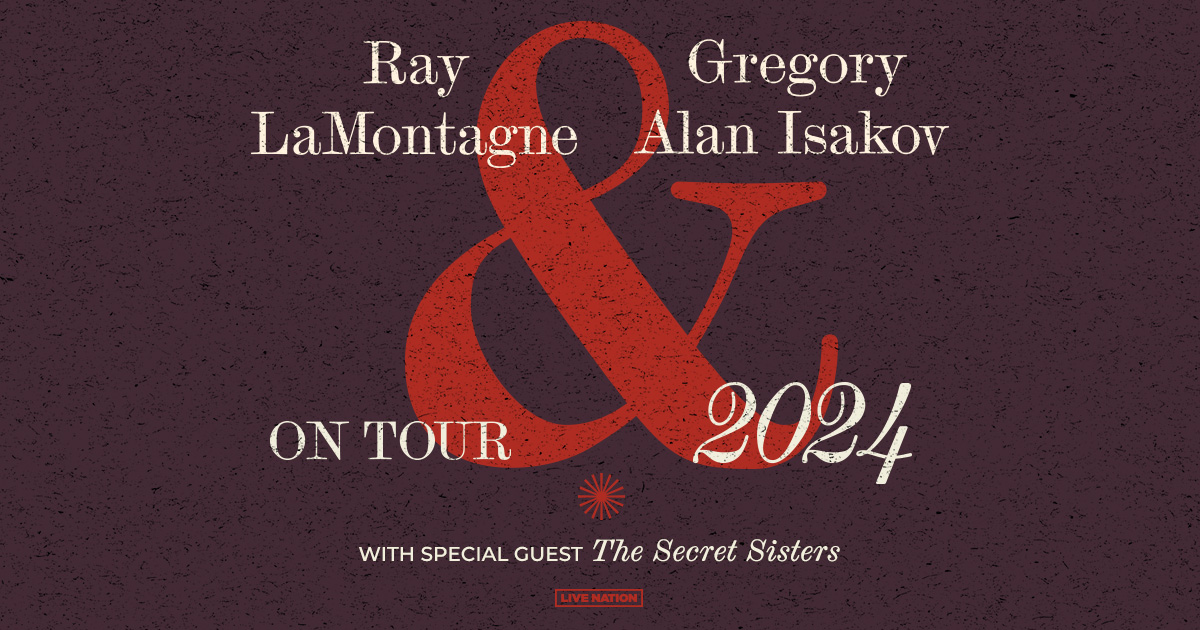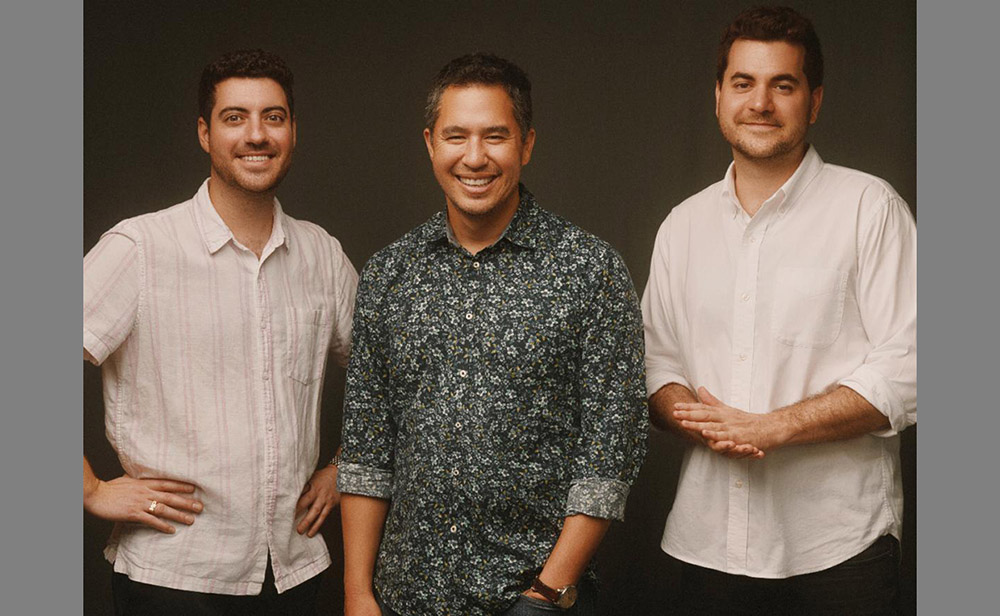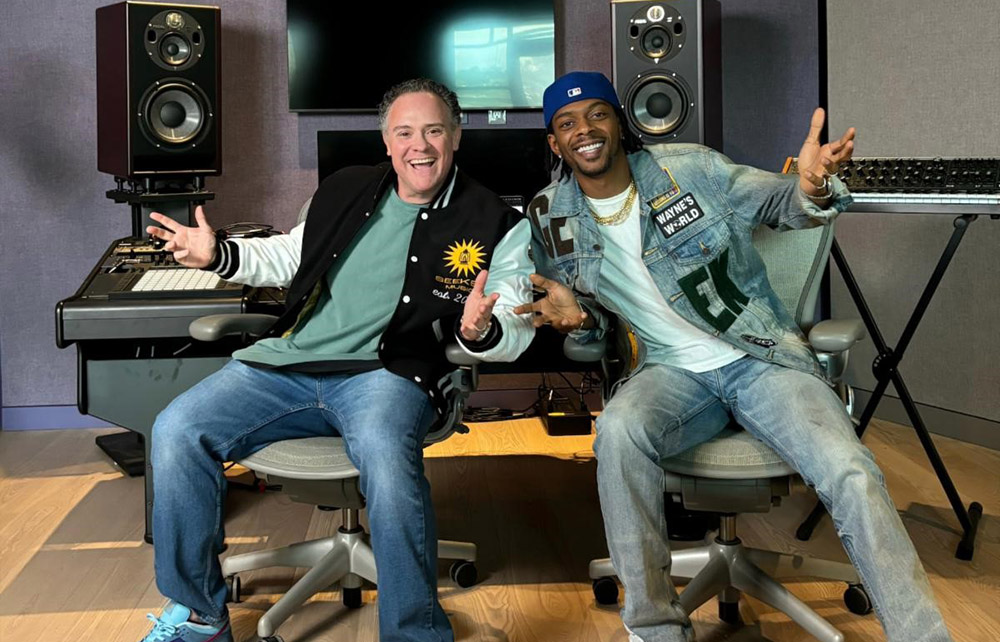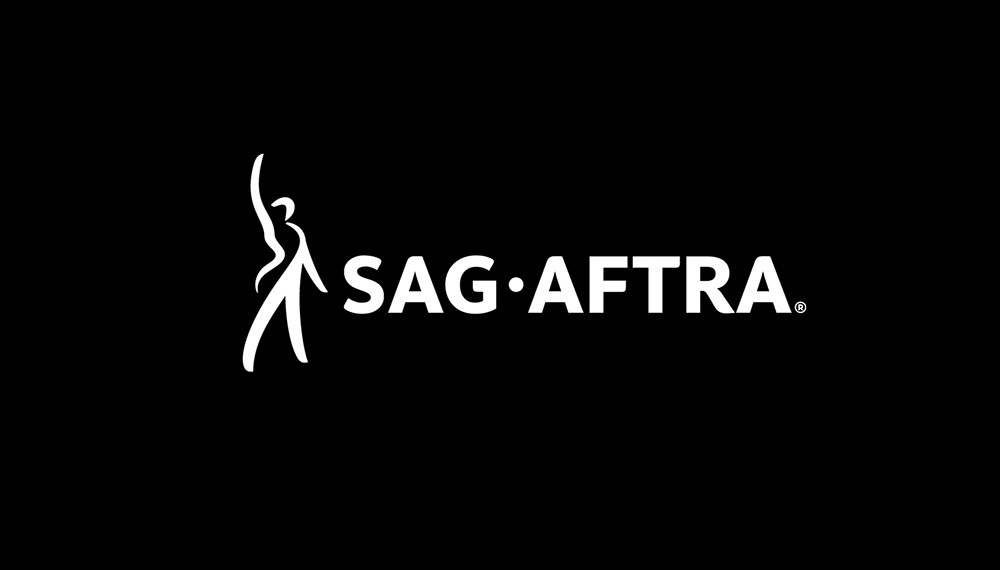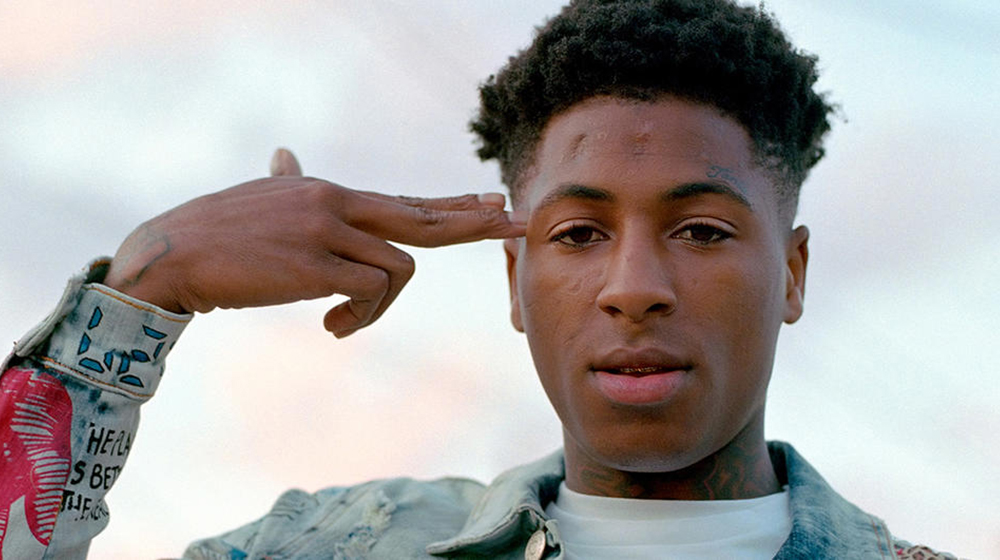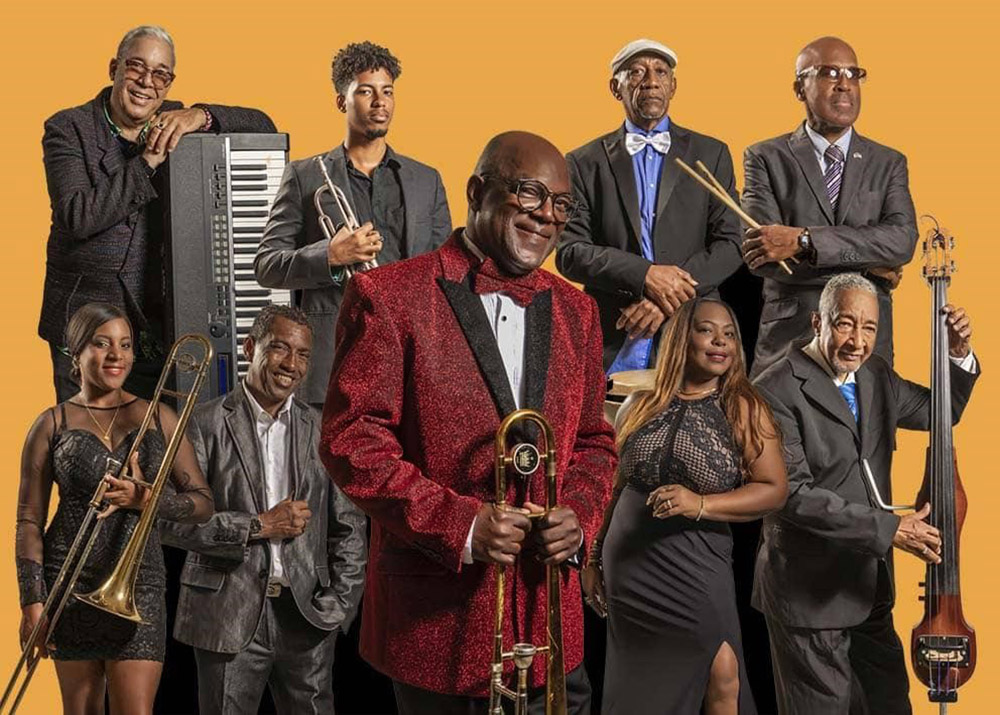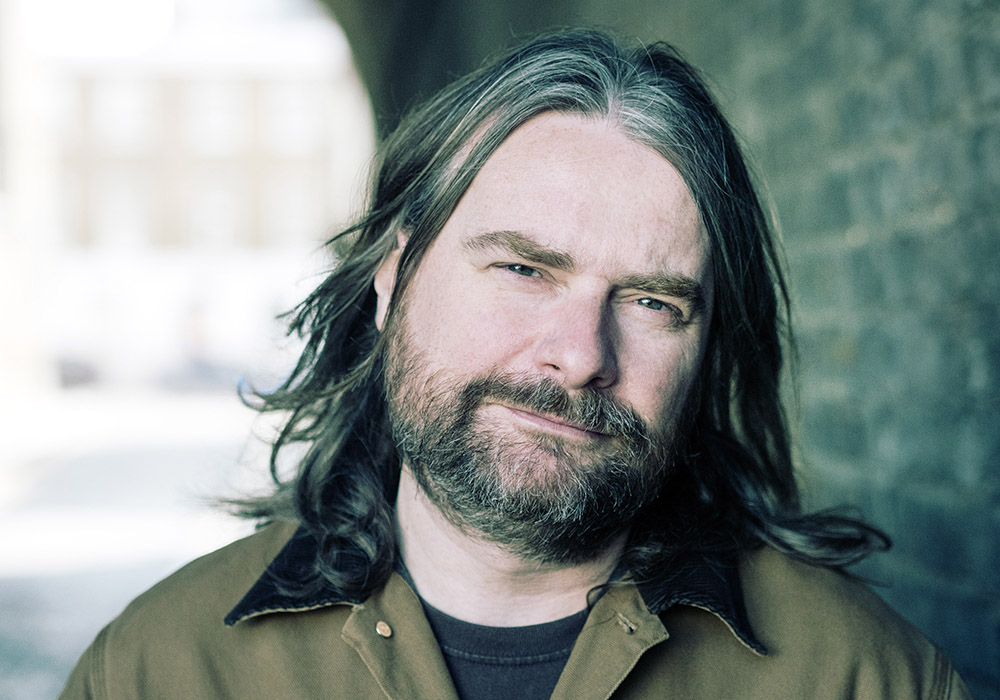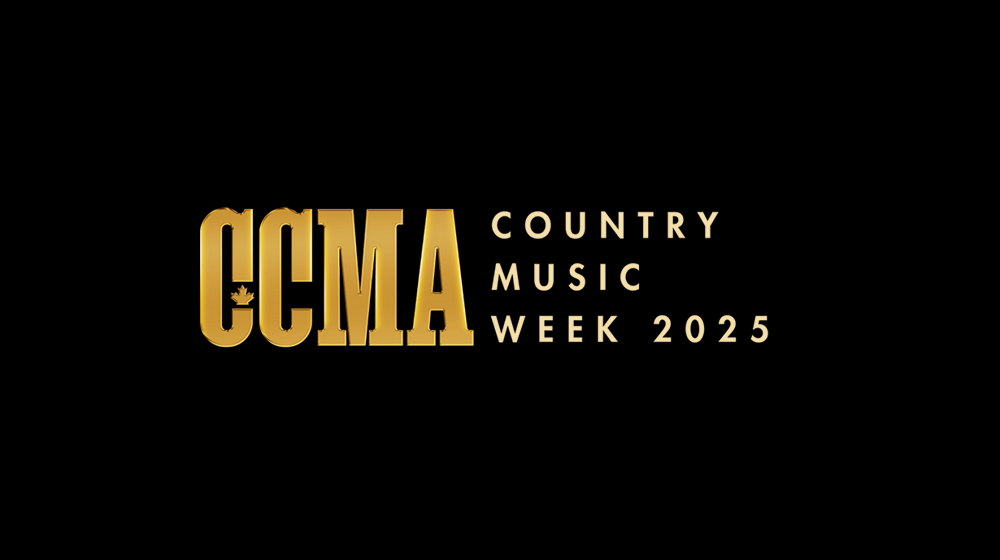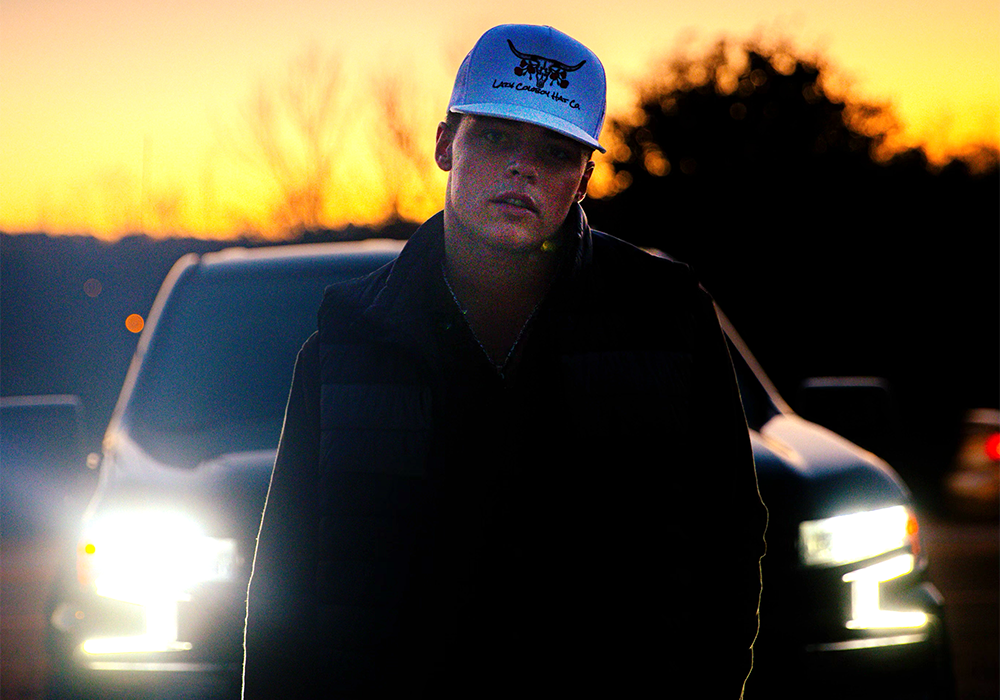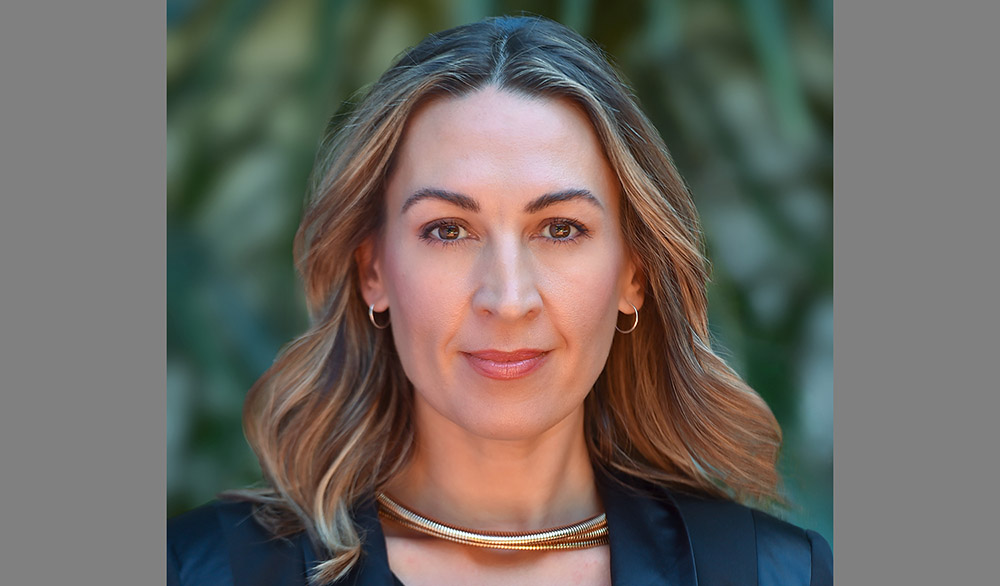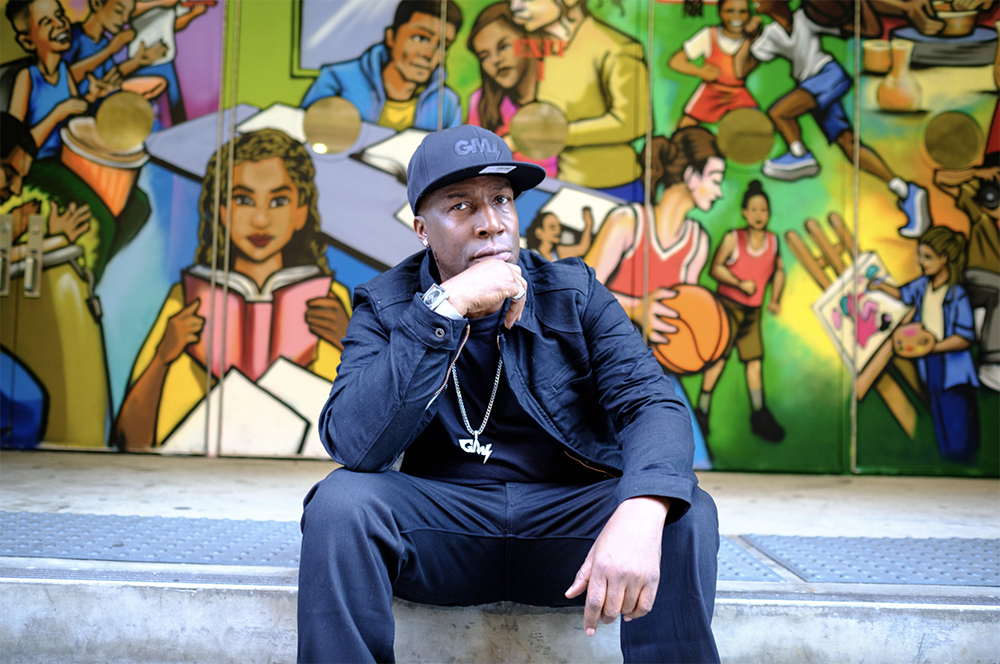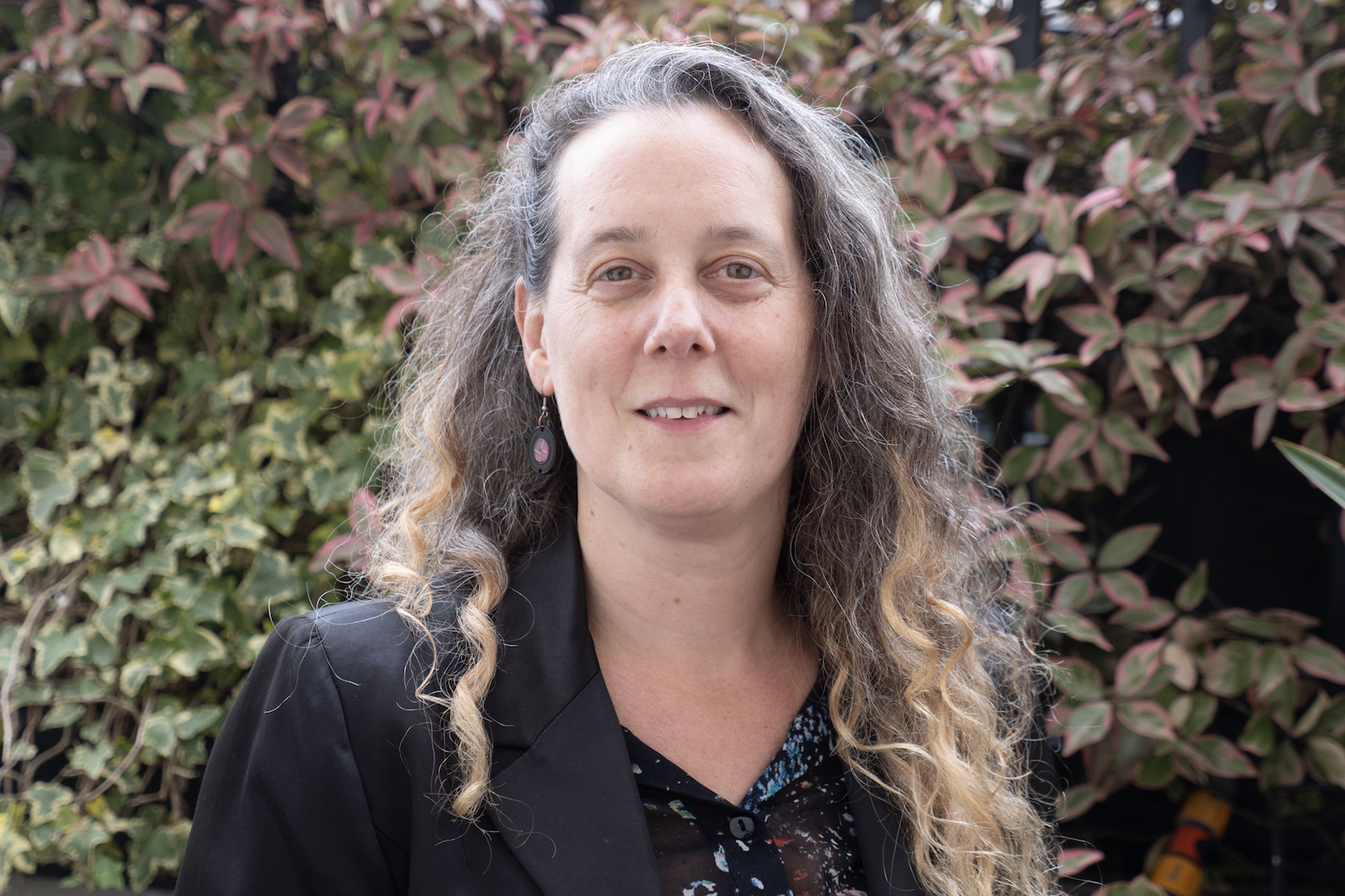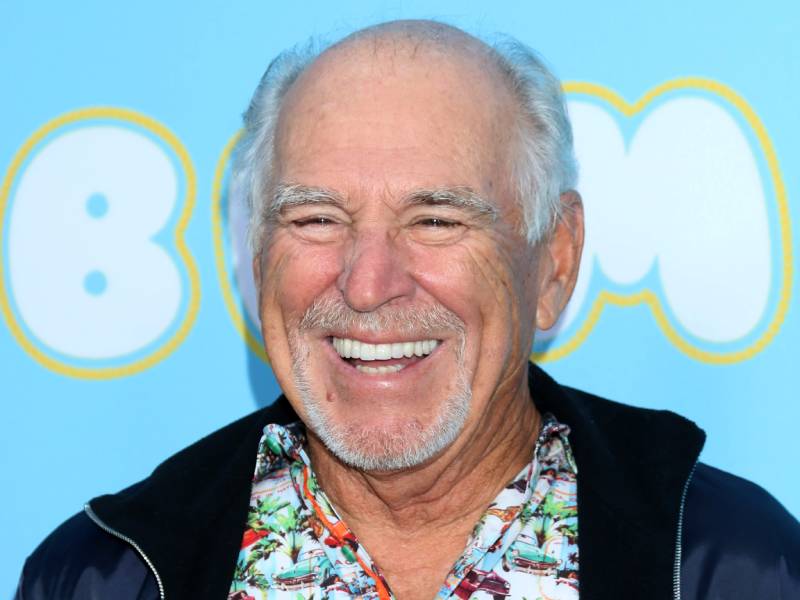
(CelebrityAccess News Service) – Brooklyn, NY based bluegrass promoter Doug Tuchman died on October 6 of a heart attack at age 63. He was stricken on his way to see the Del McCoury Band at the Bowery Ballroom on the Lower East Side of New York. Tuchman was one of the first bluegrass promoters in New York.
Tuchman began promoting bluegrass concerts in New York in 1970, and in 1973 he held the first New York City Bluegrass and Old-Time Country Music Contest and Crafts Fair at the South Street Seaport. He also was the first editor of Pickin' magazine and since 1978 a disk jockey with a weekly radio show "Honky Tonkin'" on Columbia University's WKCR-FM. –Jane Cohen and Bob Grossweiner
 Japanese Drummer George Kawaguchi Dead at 76
Japanese Drummer George Kawaguchi Dead at 76
 (CelebrityAccess News Service) – Renowned jazz drummer George Kawaguchi, known as the Japanese Art Blakey, died November at a hospital in Tokyo at age 76. Kawaguchi, a native of Kyoto, died of a brain hemorrhage. He was taken to a hospital after falling at his home in Tokyo on October 31.
(CelebrityAccess News Service) – Renowned jazz drummer George Kawaguchi, known as the Japanese Art Blakey, died November at a hospital in Tokyo at age 76. Kawaguchi, a native of Kyoto, died of a brain hemorrhage. He was taken to a hospital after falling at his home in Tokyo on October 31.
Kawaguchi also played with a number of famous international jazz players including the legendary Art Blakey, Branford Marsalis and Slide Hampton. –Jane Cohen and Bob Grossweiner
 Hatfield of Righteous Brothers Dies at 63
Hatfield of Righteous Brothers Dies at 63
 DETROIT (AP) — Hatfield, whose soaring tenor blended with partner Bill Medley's silken baritone to create the "blue-eyed soul" of the Righteous Brothers, has died in a Kalamazoo hotel, his manager said. He was 63.
DETROIT (AP) — Hatfield, whose soaring tenor blended with partner Bill Medley's silken baritone to create the "blue-eyed soul" of the Righteous Brothers, has died in a Kalamazoo hotel, his manager said. He was 63.
Hatfield's body was discovered in his bed Wednesday evening, 30 minutes before the duo was to perform at Miller Auditorium on the Western Michigan University campus, manager David Cohen said.
The duo, whose 42-year career featured pop standbys like "Unchained Melody," "(You're My) Soul and Inspiration" and "You've Lost That Lovin' Feeling," were in Kalamazoo to kick off a four-day series of performances in Michigan and Ohio.
"It's a shock, a real shock," Cohen said during a telephone interview. Medley, he said, was "broken up. He's not even coherent."
The cause of death was unknown. Hatfield's body was taken to Lansing, where an autopsy was to be performed, Joe Hakim, an executive with the Radisson Plaza Hotel in Kalamazoo, told the Kalamazoo Gazette.
The duo's signature 1965 single, "You've Lost That Lovin' Feeling," has been cited by numerous sources as the most-programmed song in American radio history. The inclusion of their songs in films such as "Top Gun," "Ghost" and "Dirty Dancing" repeatedly re-established the Righteous brand.
Earlier this year, singer Billy Joel inducted Hatfield and Medley into the Rock and Roll Hall of Fame.
"Sometimes people with blue eyes transcended the limitations of what their color and culture can actually be," Joel said. "Sometimes white people can actually be soulful. This was a life-changing idea. It changed my life."
Robert Lee Hatfield was born Aug. 10, 1940, in Beaver Dam, Wis. His family moved to Anaheim, Calif., when he was 4. Hatfield organized singing and instrumental groups in high school while helping his parents with their dry cleaning business.
An avid athlete, Hatfield considered a career in professional baseball, but found his true calling in music — a love he pursued while attending Long Beach State University, where he formed a band and performed at bars and proms.
Hatfield teamed up with Medley in 1962 as part of a five-piece group called The Paramours. According to the Righteous Brothers Web site, a black Marine called out during one of their performances, "That was righteous, brothers!"
They renamed themselves the Righteous Brothers before the release of their first album in 1963.
"You've Lost That Lovin' Feeling," produced by Phil Spector in his trademark "wall-of-sound" fashion, was released months after British rock 'n' roll was beginning to dominate U.S. record charts and airwaves.
"We had no idea if it would be a hit," Medley once said. "It was too slow, too long and right in the middle of the Beatles and the British Invasion."
The performing rights organization BMI, however, has tallied about 8 million radio plays of the song.
After splitting up in 1968, the duo reunited in 1974 and returned to the top of the charts with "Rock and Roll Heaven." They performed sporadically, then went through another career revival in 1982.
Hatfield and Medley in later years routinely went on the road for 60 to 80 shows a year in addition to 12-week stints in Las Vegas, where they had found work as a lounge act during the dawn of their careers in 1962.
——
On the Net:



















